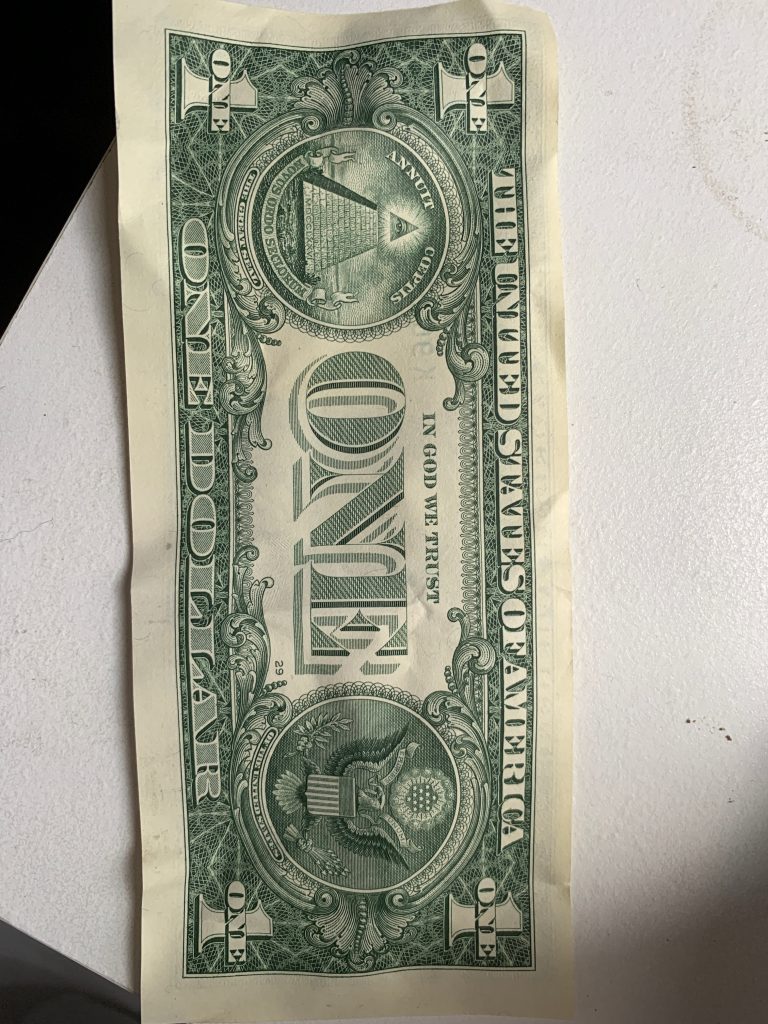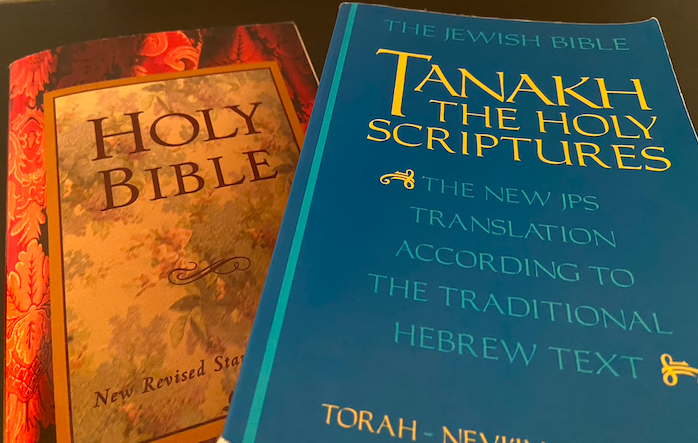The First Amendment of the Constitution describes that citizens have rights to their own freedom of expression and their own religion. This most likely stems from the fact that original settlers of the United States were trying to escape religious persecution and wanted the right to be able to express their thoughts and practice their own religion. There are religious ideologies and sayings embedded all throughout our society, and it serves as a foundation of the beliefs of the government and the decisions that our government makes. “In God, We Trust” is on the back of our currency, we say God’s name in the Pledge of Allegiance, we recognize Christian holidays, and many politicians appeal to Christian religious beliefs as a basis of their campaigns. Despite the impression that there is a separation between church and state in the American government, the superiority of the Christian religion and ideals is evident within every aspect of our society. My question is, is does this undermine the statute of equality that is implied within the Declaration of Independence that “all men are created equal,” if religious superiority is embedded within our own Constitution? Doesn’t this alter the view of citizens and create prejudices against those who are not Christian? Can we truly be equal if there is no separation of church and state?


